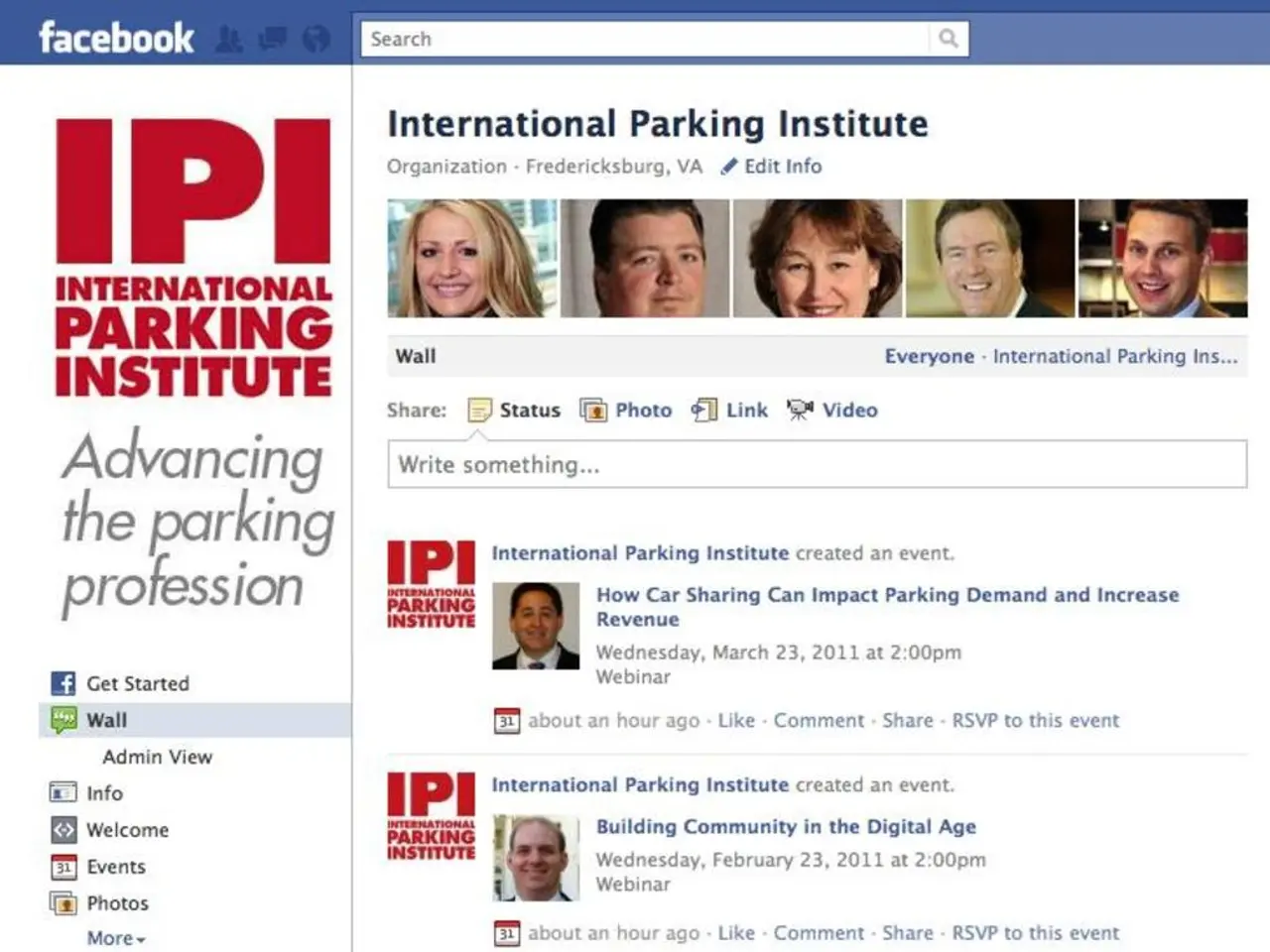"Intelligent individuals often fall prey to misinformation"
Misinformation, often based on feelings and quick judgments, can easily influence people, particularly when they are busy or stressed. This vulnerability is heightened in times of extreme uncertainty and ambiguity, where misinformation can provide a comforting narrative.
One of the reasons for this susceptibility is the way our memories function. People tend to remember what they learn first, and a lack of basic facts can make them vulnerable to misinformation. Moreover, misinformation can tell a more compelling story than science, making it more persuasive.
Confirmation bias, the tendency to choose facts and narratives that support our beliefs, also plays a significant role. If information does not explain personal or emotional experiences, the science is often rejected, as there is a need to make sense of the world, even if it doesn't fit with scientific evidence.
The illusion of truth can also be a powerful factor. If information appears frequently on social media, it feels true, a phenomenon known as the illusory truth effect. Similarly, if information has references to scientists, it can feel true, a false face of validity.
However, it's important to note that not everyone is immune to misinformation. If information is outside one's area of expertise, it is more likely to be believed, a phenomenon known as the Gell-Mann amnesia effect. Lack of context can also make it easy to reject facts in favor of simpler, but incorrect, ideas.
Despite these challenges, there are ways to counter misinformation. Being open to trusting an expert who can explain their thought process clearly is crucial. Rejecting sources that rely on personal trust is also important. Building a strong foundation of knowledge through extensive learning can help in understanding complex phenomena and parsing new information effectively.
However, defending against misinformation requires a lot of mental effort and is not easy to form habits. In fact, over 72% of people are exposed to misinformation at least once a month on social media.
It's encouraging to note that young people, such as 12-15-year-olds in the UK, are becoming more aware of the importance of fact-checking, with 48% knowing they can perform a quick fact check. Yet, doing one's own research can also lead to the creation of misinformation in one's own mind.
Hypo-cognition, or the lack of mental tools to understand complex phenomena, can lead people to absorb misinformation. Understanding this and learning technical terminology and processes can help in navigating new information more effectively.
In conclusion, while the spread of misinformation presents a significant challenge, understanding the psychological factors at play can help in developing strategies to combat it. It's important to remain vigilant, stay informed, and always question the information we encounter.




